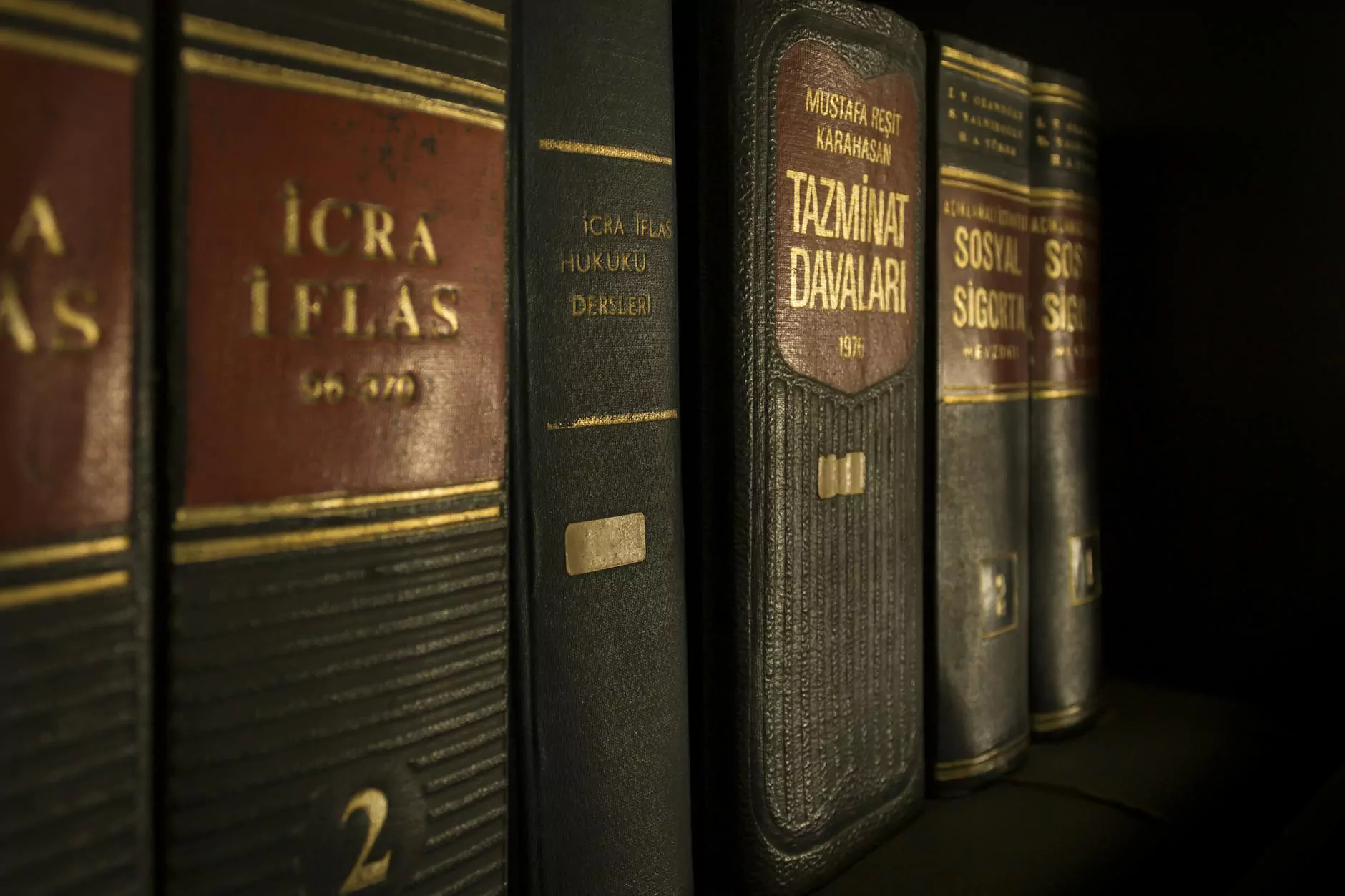Account Transcript May Serve As Estate Tax Closing Letter
Virginia Lawyer
Understanding Estate Tax and Closing Letters
When it comes to estate taxes, understanding the process of obtaining a closing letter is crucial. A closing letter is an official written document issued by the Internal Revenue Service (IRS) to an estate's executor or personal representative. It serves as confirmation that the estate's tax liabilities have been satisfied, allowing for the final distribution of assets to beneficiaries.
The Importance of a Closing Letter
The closure of an estate largely depends on the receipt of a closing letter since it provides assurance to all involved parties that the estate's taxes have been paid in full. Without a closing letter, finalizing the estate and distributing assets can prove to be a challenging and complicated process.
Account Transcript as an Alternative to a Closing Letter
While a closing letter has traditionally been the preferred means of confirming tax liabilities, recent changes have presented an alternative option. An account transcript, obtained from the IRS, may now serve as a substitute for a closing letter in certain situations.
The account transcript provides a detailed record of the estate's tax transactions and financial activity. It includes information such as tax assessments, payments made, and any adjustments made by the IRS. For estates that may not meet the requirements for a traditional closing letter, the account transcript can be used as a viable proof of tax compliance.
Benefits of Using an Account Transcript
Using an account transcript as an estate tax closing letter can offer several benefits.
1. Time-Efficiency
Obtaining an account transcript is often quicker than waiting for a closing letter, allowing for a more efficient settlement of an estate.
2. Cost Savings
An account transcript is generally provided free of charge by the IRS, eliminating the need for additional expenses associated with obtaining a closing letter.
3. Accessibility
An account transcript can be requested online through the IRS website, providing easy access for estate executors and representatives.
4. Flexibility
Using an account transcript as an estate tax closing letter provides flexibility for estates that do not meet the specific requirements set by the IRS for traditional closing letters.
Consult Richardson Law Firm PC for Expert Advice
When navigating the complexities of estate tax and the process of obtaining a closing letter or utilizing an account transcript, it is crucial to seek guidance from experienced legal professionals.
Richardson Law Firm PC, a reputable law firm specializing in estate planning and tax matters, offers expert advice and assistance to estate executors and representatives. Our knowledgeable team can help you determine the most appropriate approach for your particular estate.
Take the Next Steps with Confidence
Ensure a smooth estate closing process with Richardson Law Firm PC by your side. Contact us today to schedule a consultation and receive the professional guidance you need for securing an account transcript or obtaining a closing letter for your estate.










